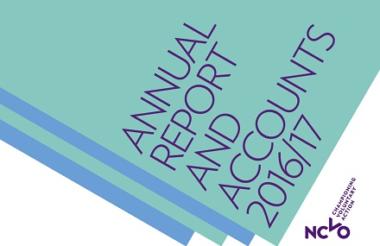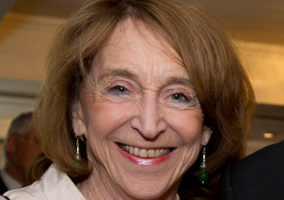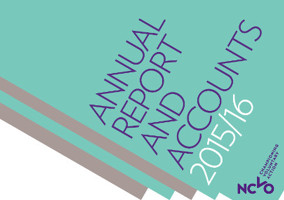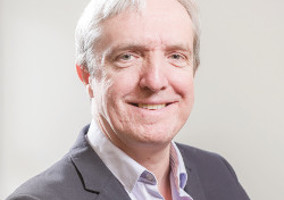NCVO’s annual income has fallen to £8.2m, compared to £9.3m the year before, according to figures published yesterday.
The charity's annual report and accounts for the year to March 2017 show that its income fell in line with expectations, after its remaining government contracts came to an end.
Among the projects to come to an end was the Office for Civil Society’s funding for Compact Voice. Compact Voice campaigns for a stronger partnership between government and the voluntary sector, and the OCS previously gave NCVO £246,000 a year to support it.
The Compact is a document developed under the Labour government, which enshrines what is expected of government and the sector in their relationship with each other. Its use has faded under the Conservatives, and it no longer receives public funding.
Staff numbers fall
As a result of contracts ending, NCVO restructured in March 2016. This led to a fall in staff numbers, from 109 to 95 this year. Redundancy costs were £187,000 in the previous year, plus £41,000 in these accounts.
In addition, as part of the departure of Justin Davis Smith, the former director of volunteering, who joined Cass Business School, NCVO gave Cass a £50,000 grant.
NCVO membership rose again, and income from members topped £1m. The charity ended the year with 12,750 members, up 550 on the previous year. NCVO said the figure has since exceeded 13,000.
Position 'remains healthy'
The charity said that the fall in income had been anticipated as government projects ended, and its position remains healthy.
“Income from membership and trading activities both grew compared with the previous year,” NCVO said in a statement. “Although income fell overall, this reflected the conclusion of several large, funded projects at the end of 2015/16. As previously reported we had pre-empted this and restructured accordingly.
“Our expenditure on these projects ended, meaning NCVO’s core financial position remains strong.
“We spent slightly more than our income as part of an ongoing, planned programme of investment from our reserves, primarily in digital business systems to provide a better service to members. Reserves remain comfortably above their target level.”
The highest paid member of staff was the chief executive, Sir Stuart Etherington, who received £136,000. Three other members of staff were paid £86,000. No other staff member received more than £60,000.
Related articles











